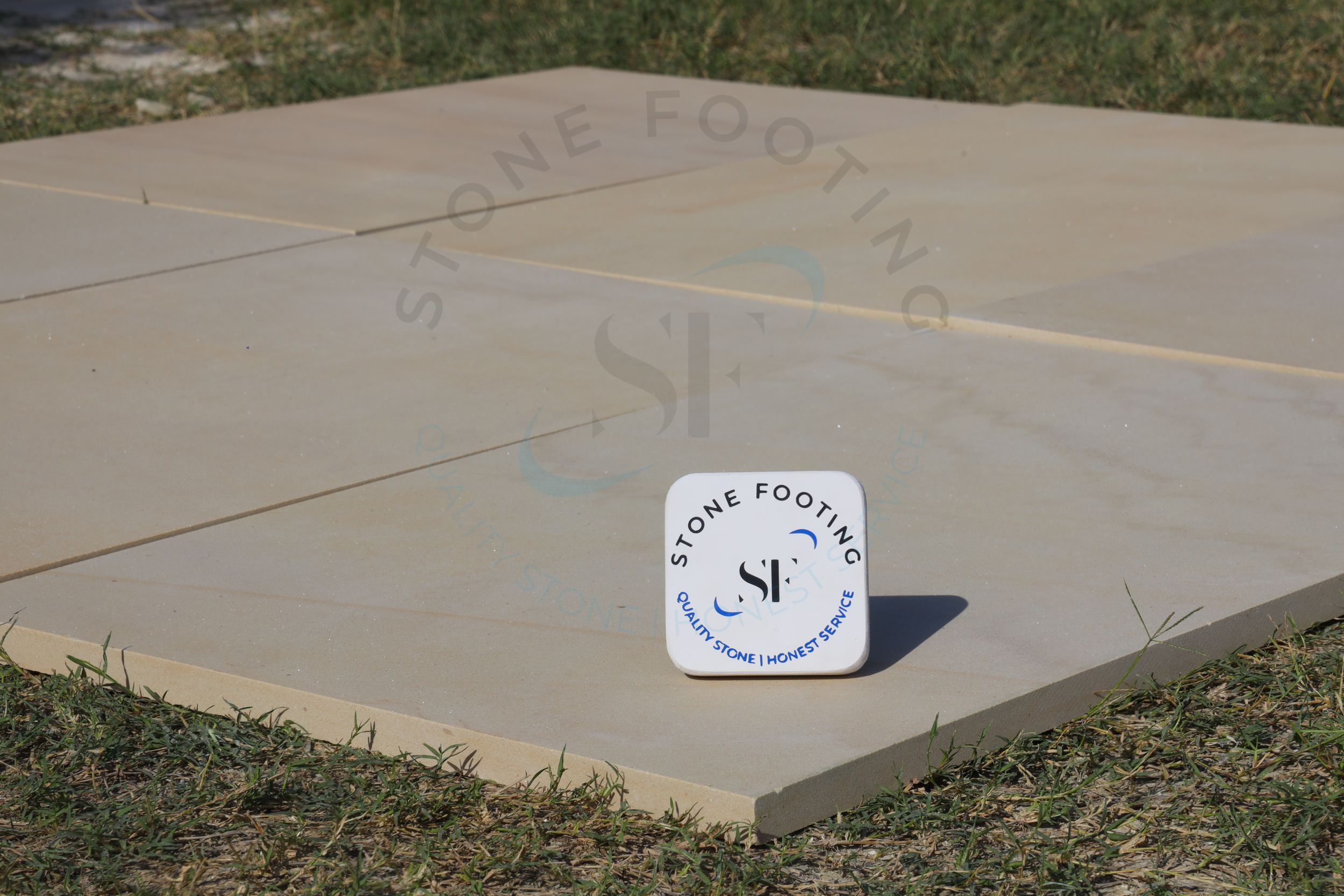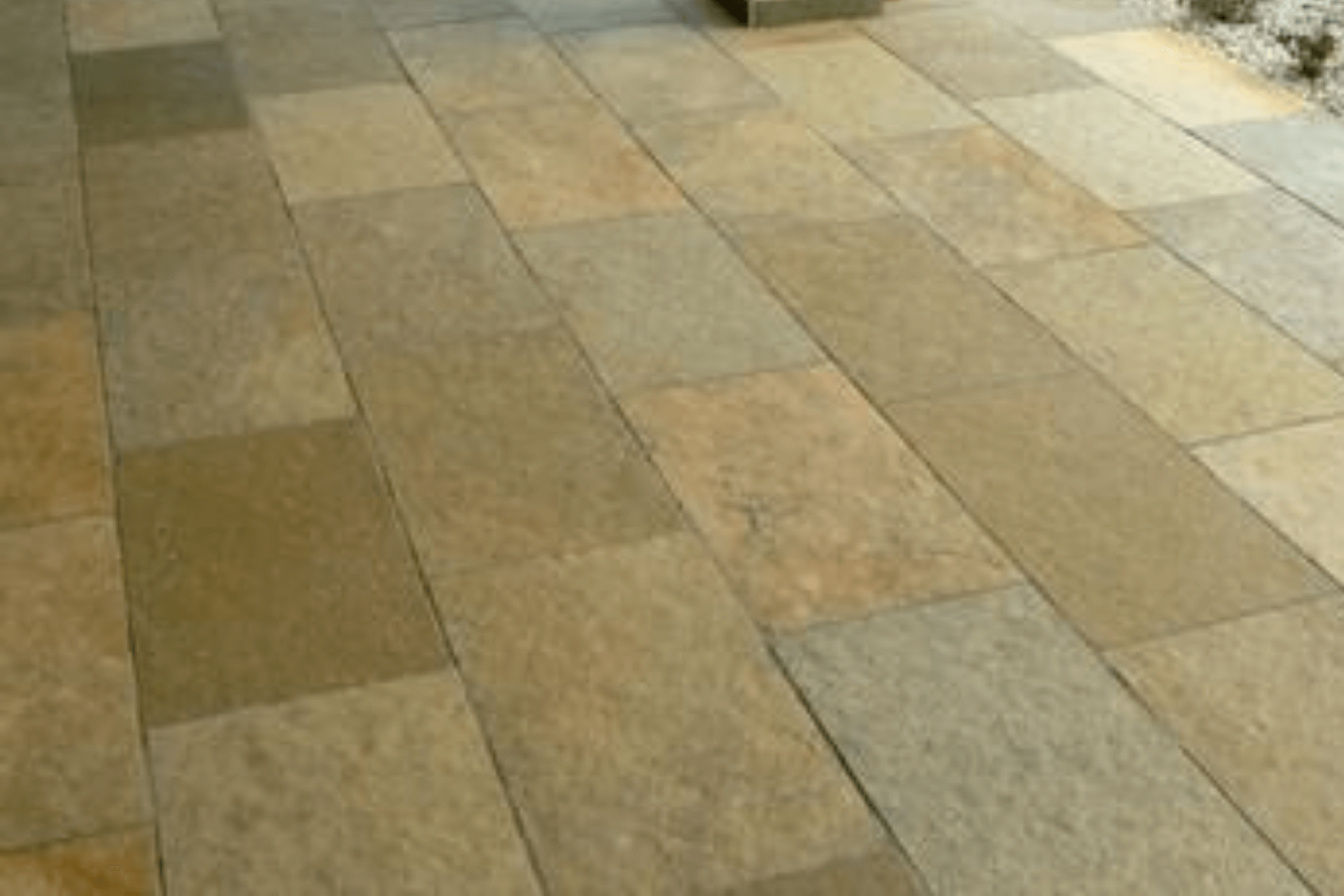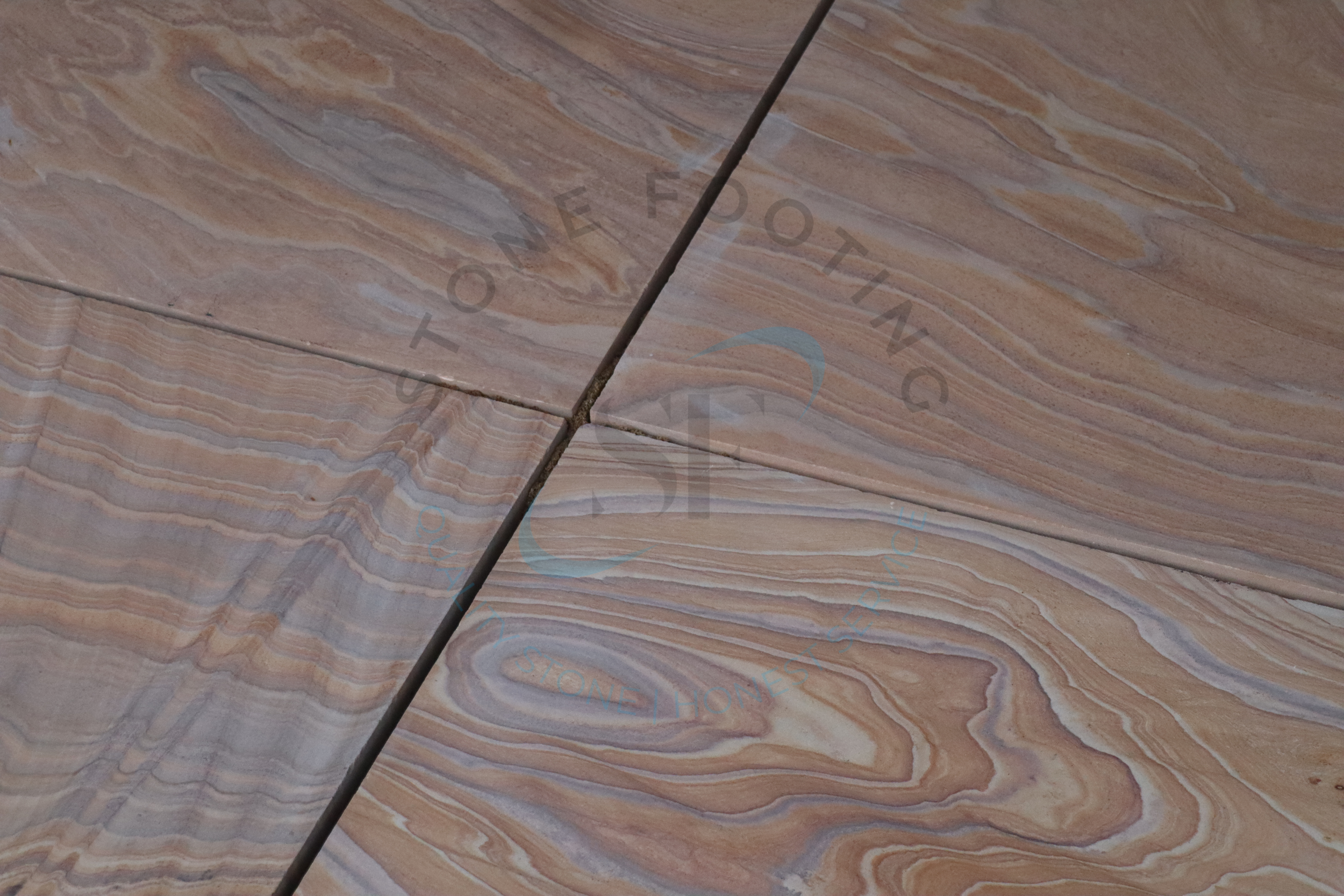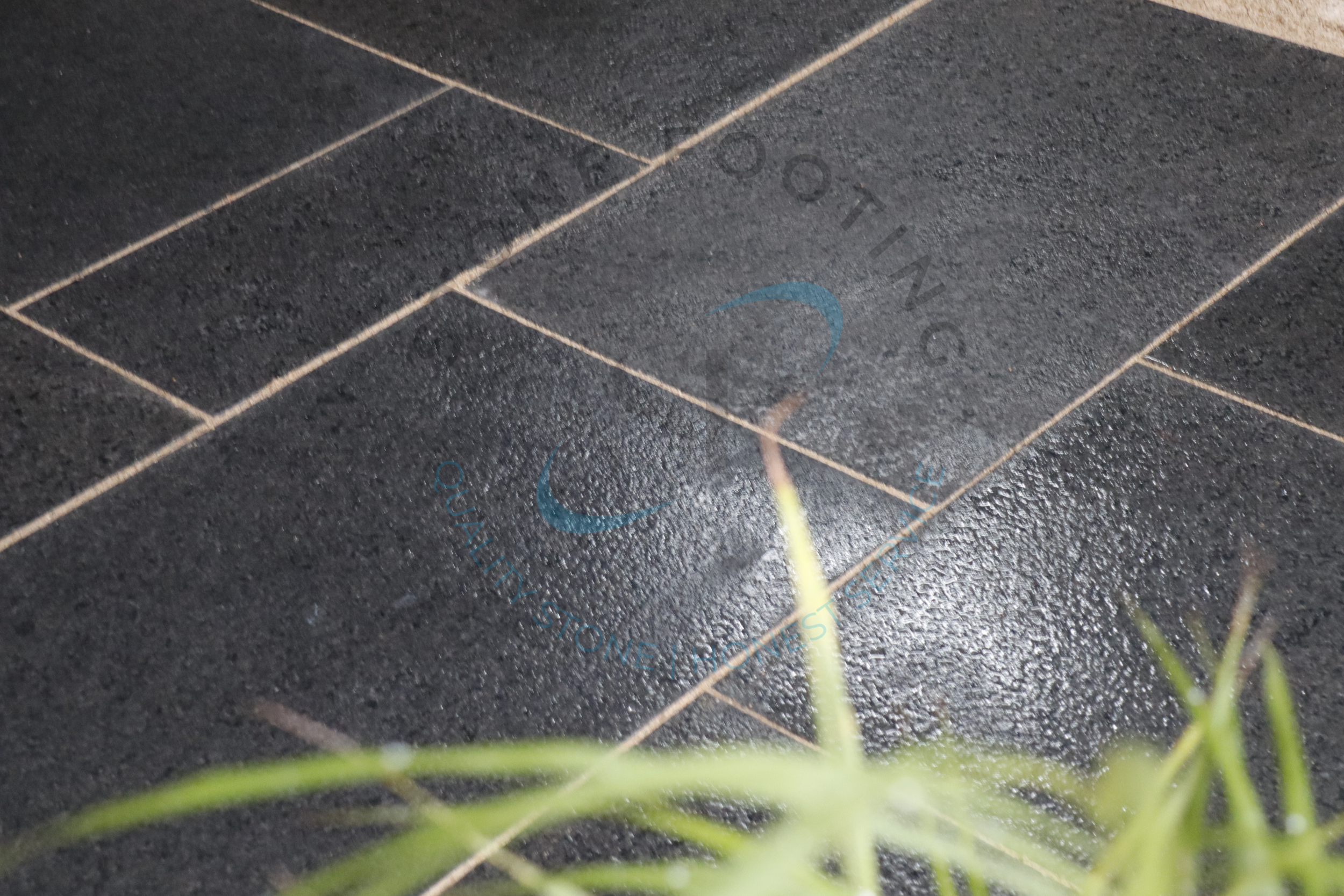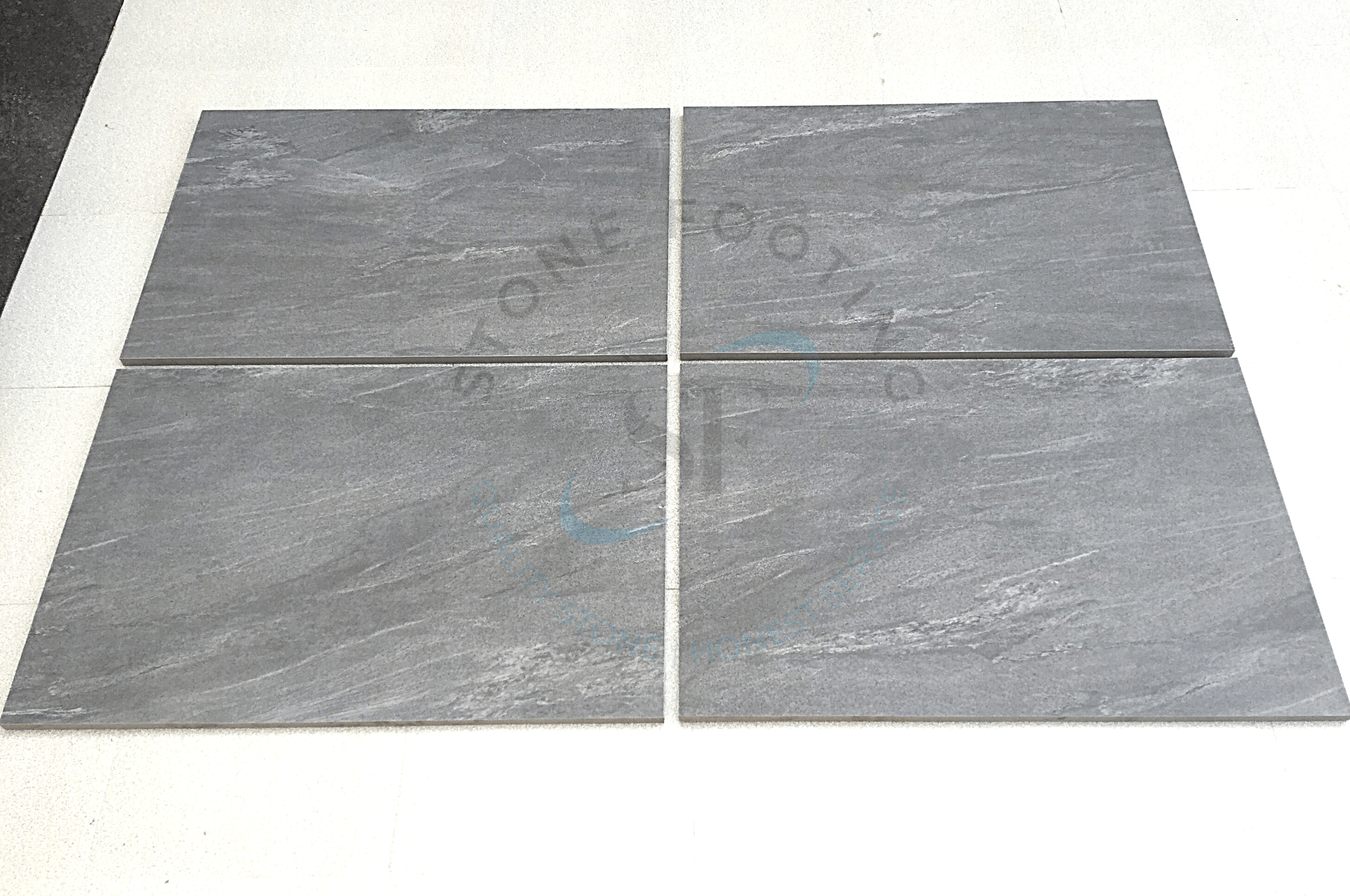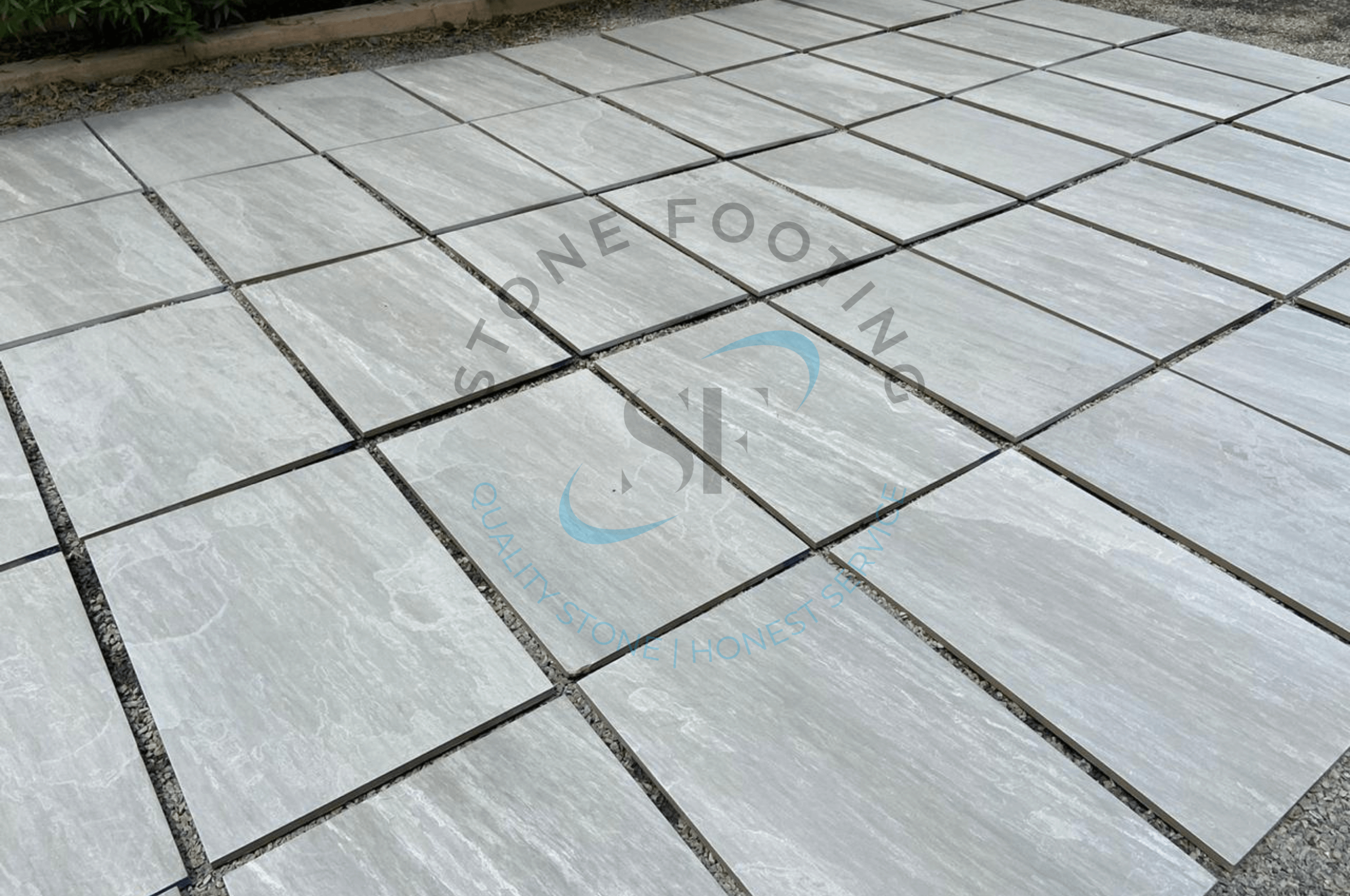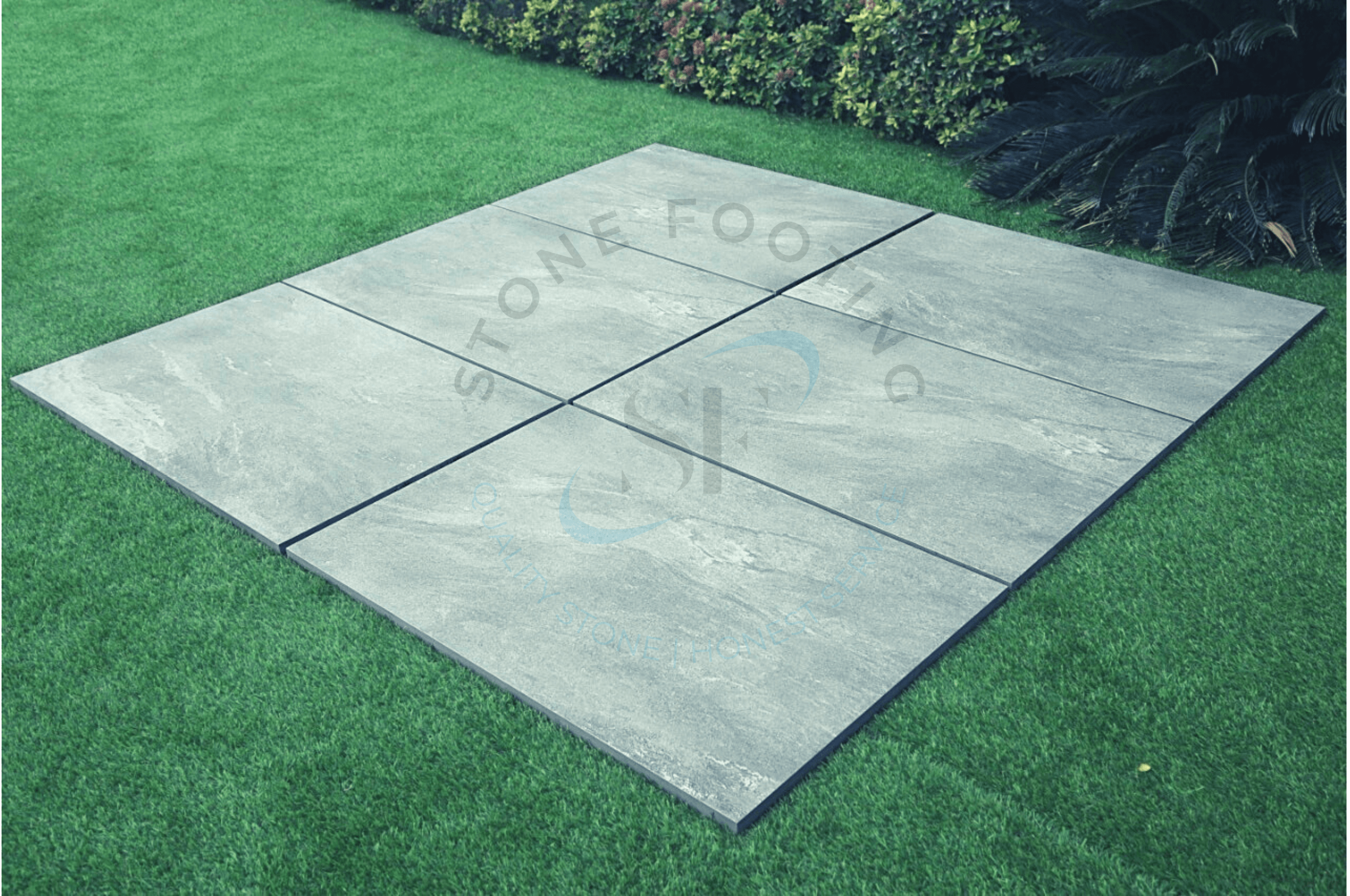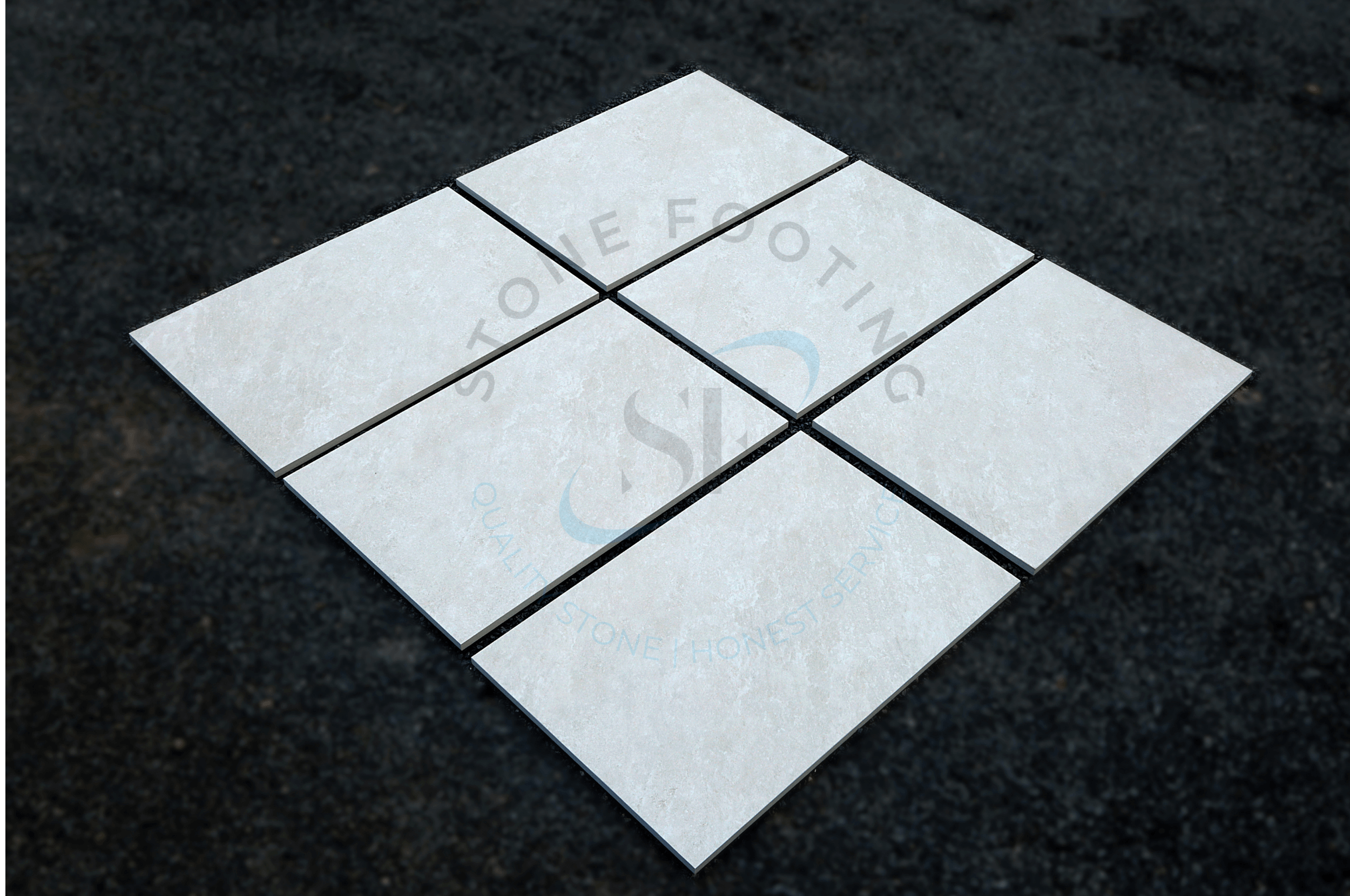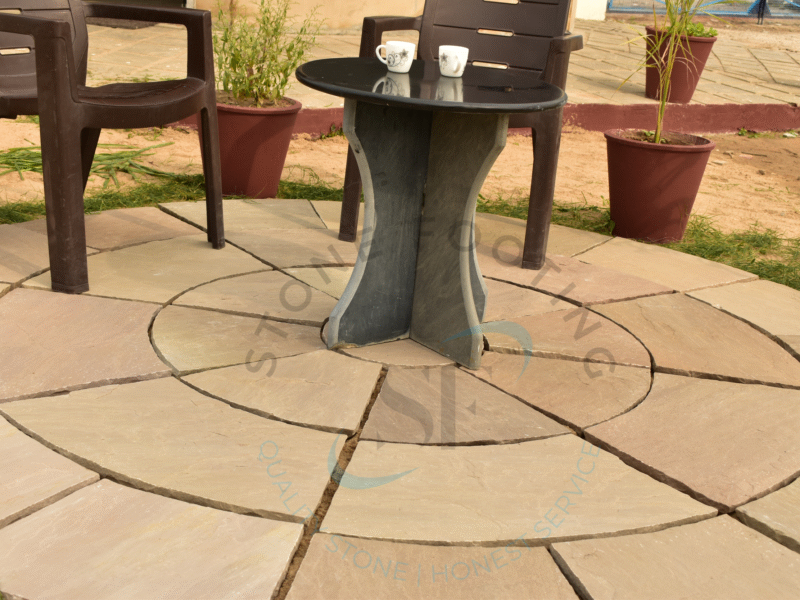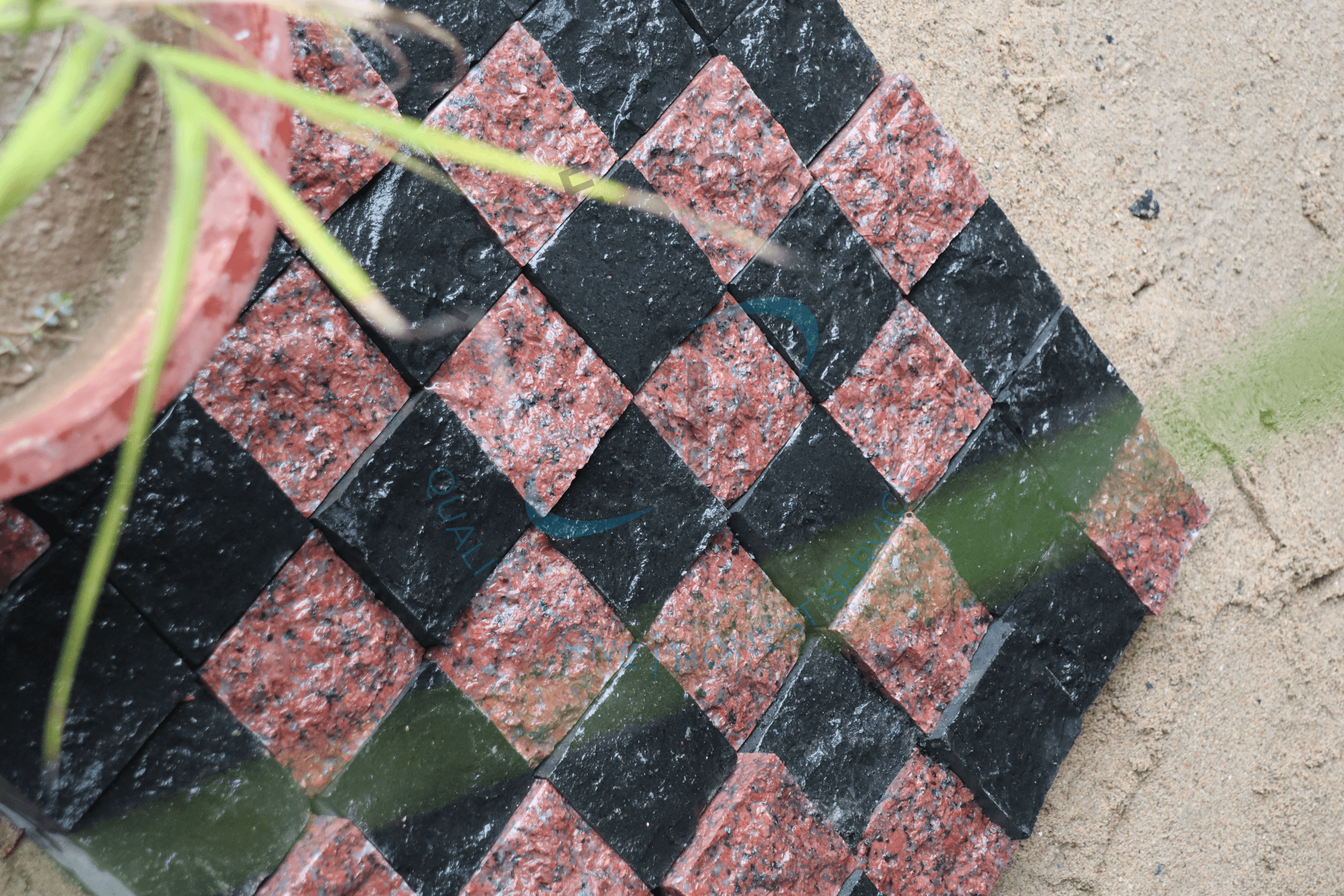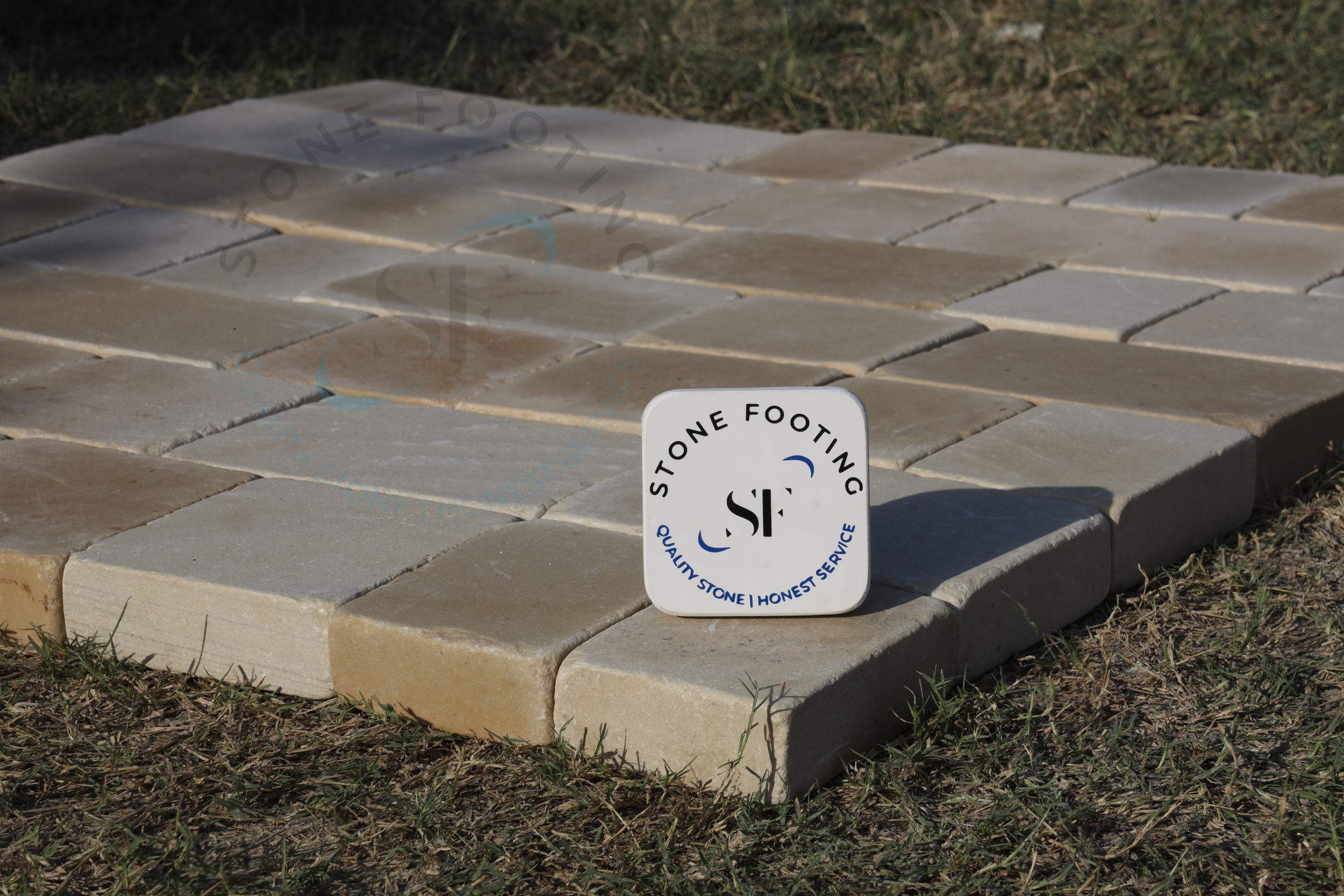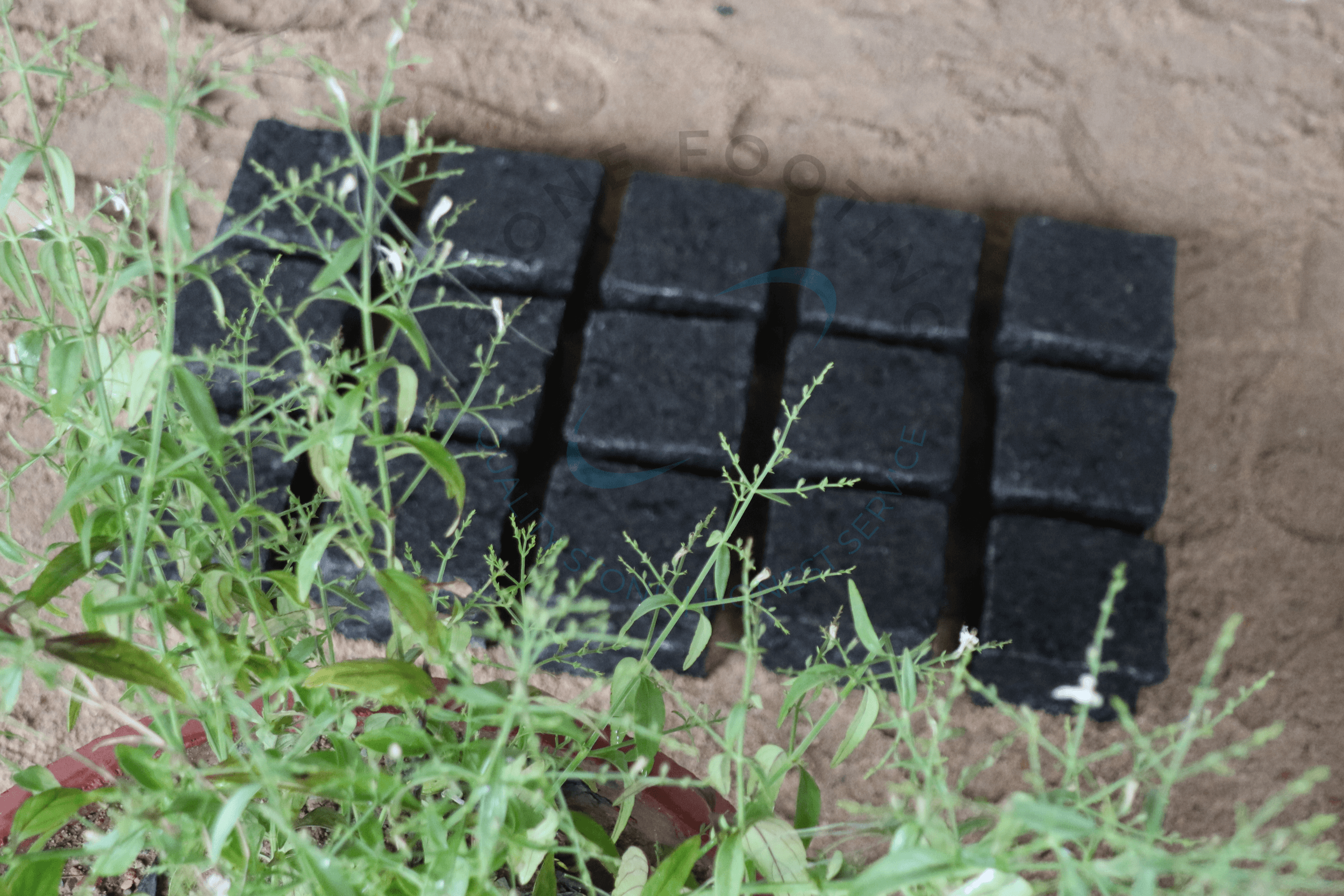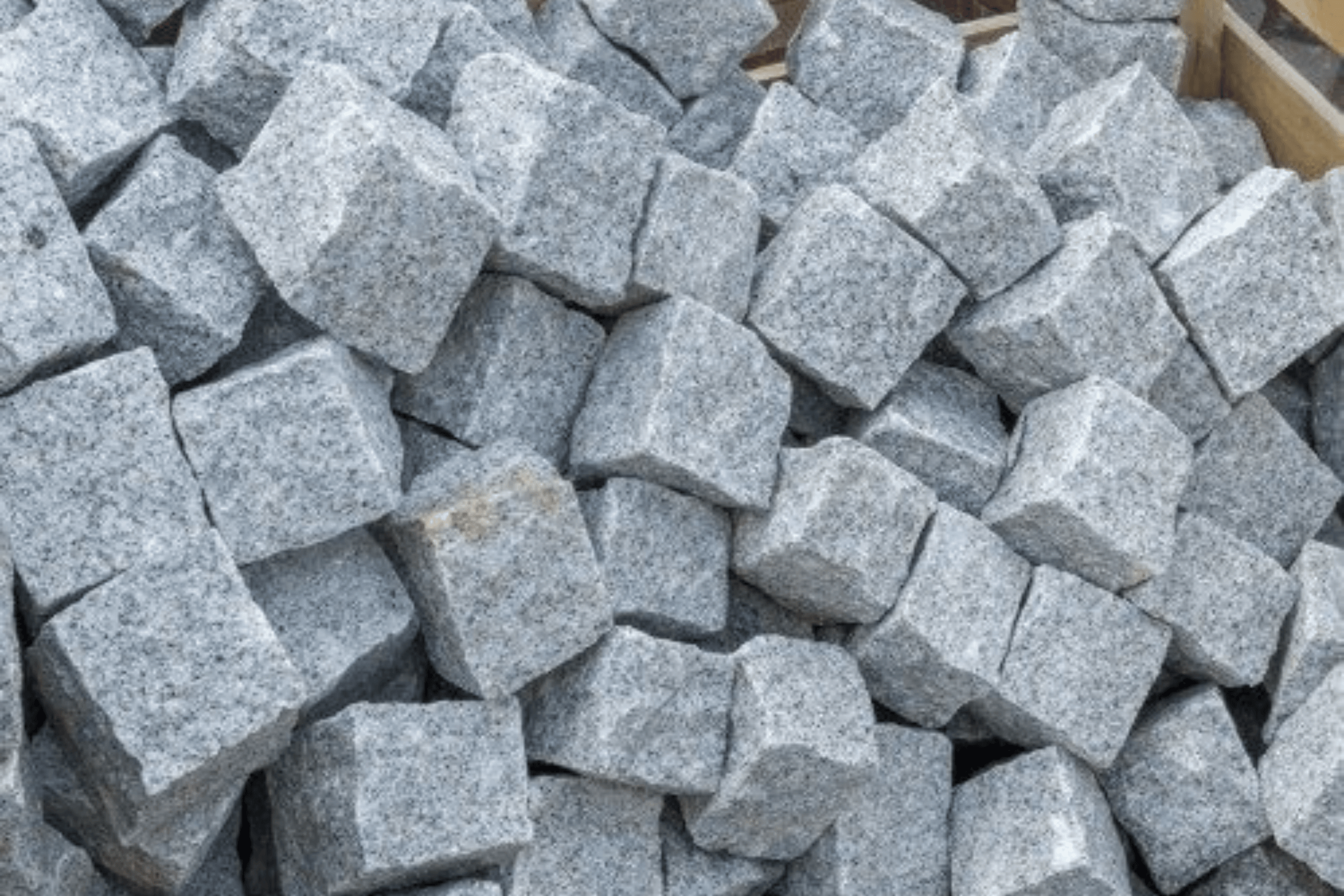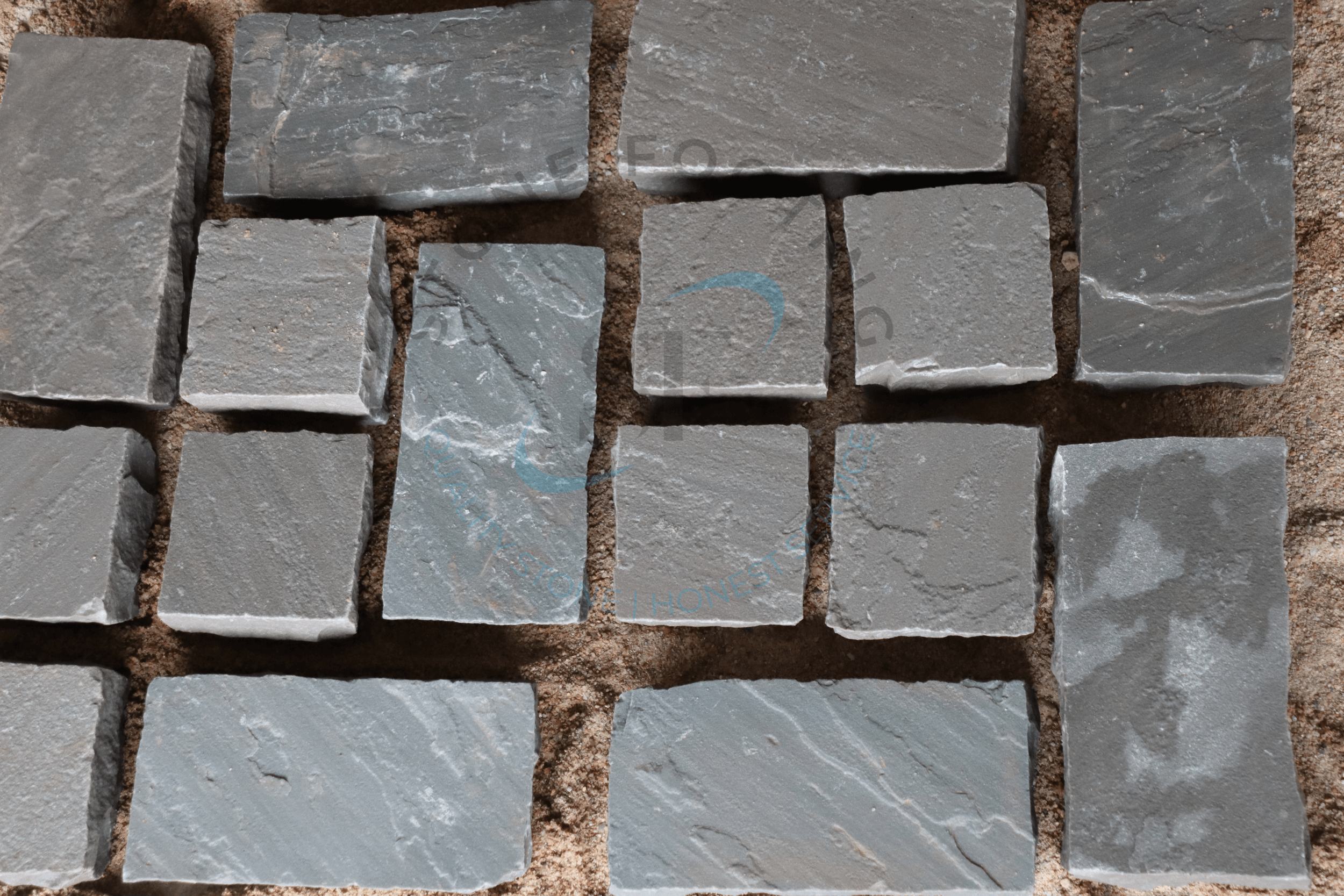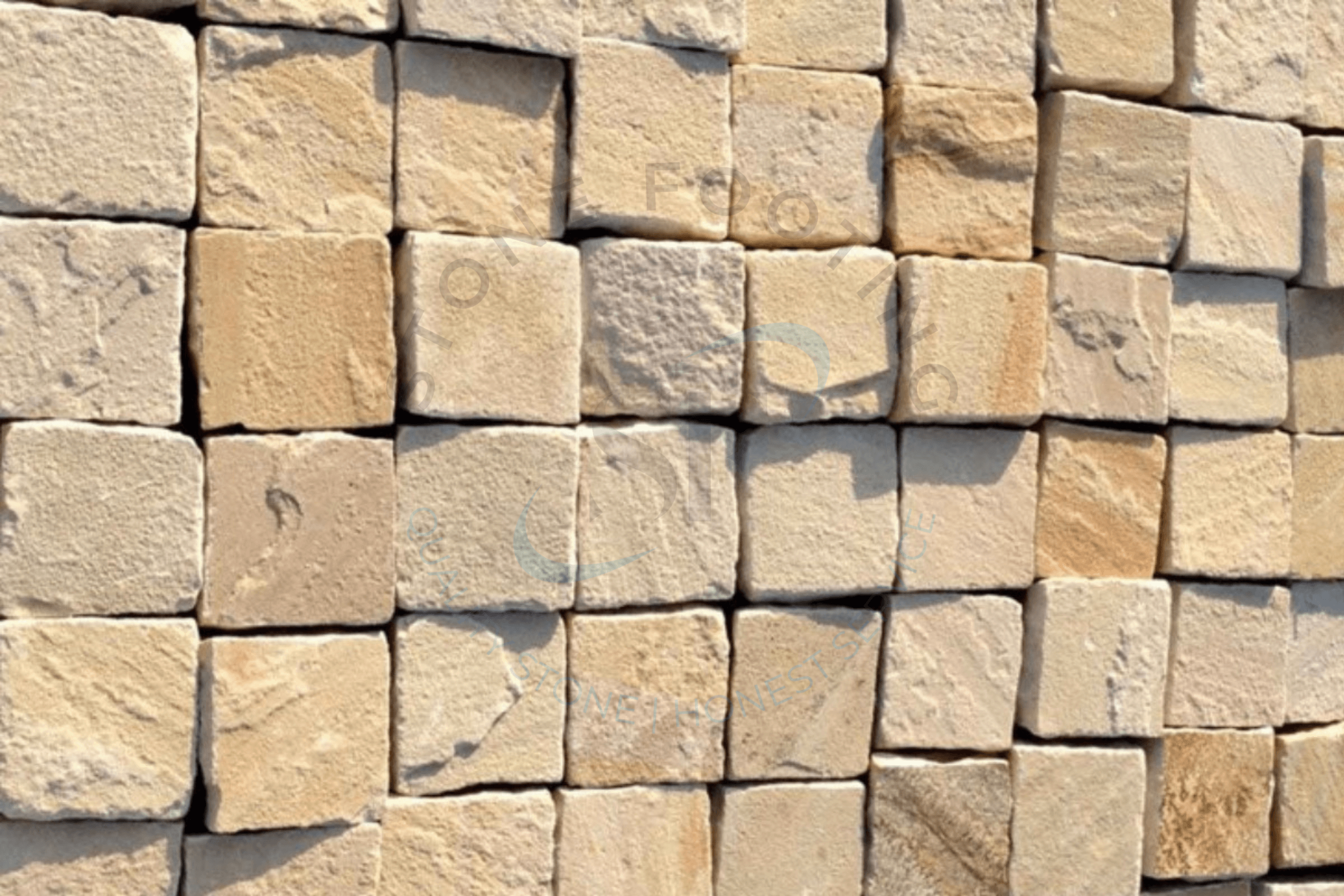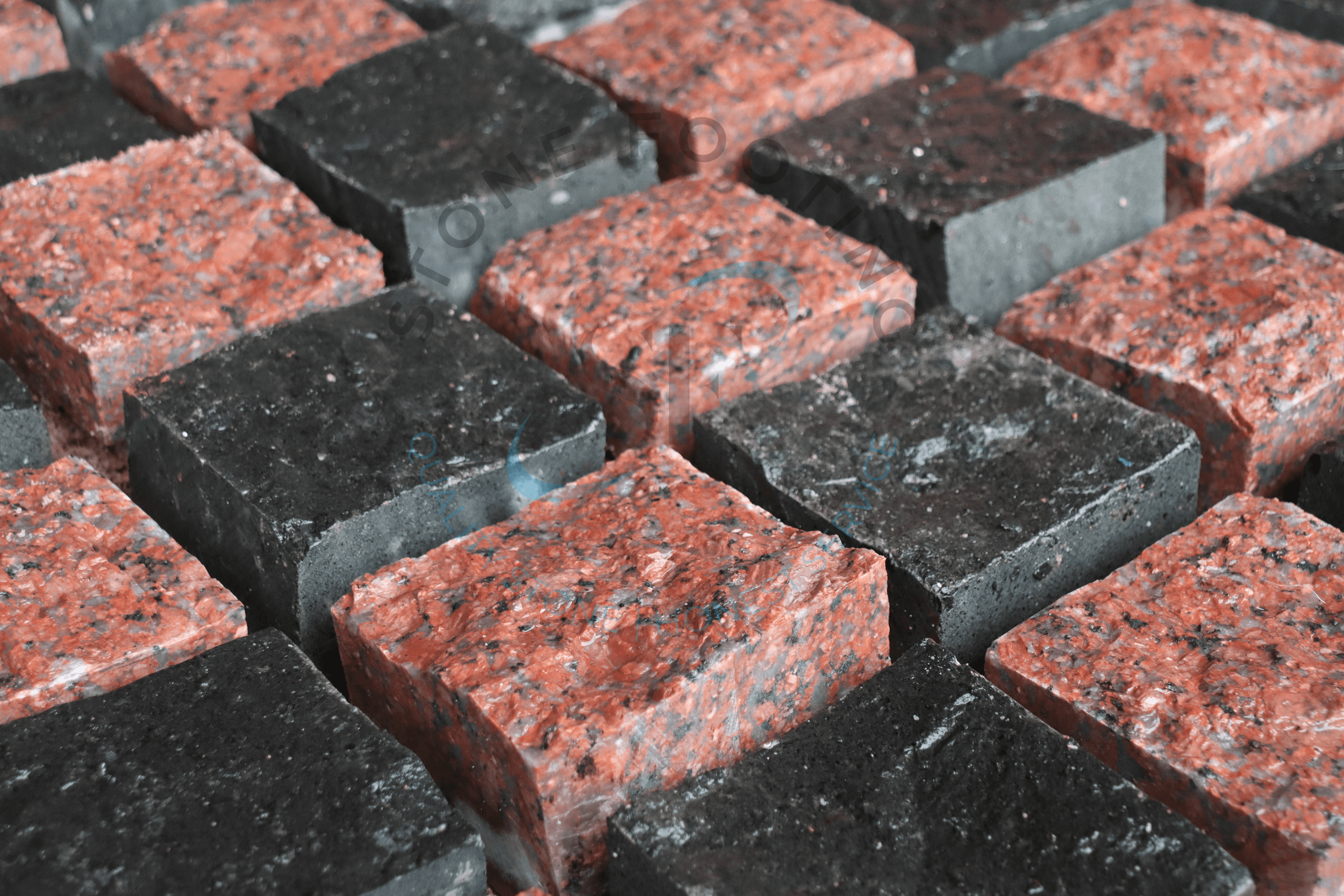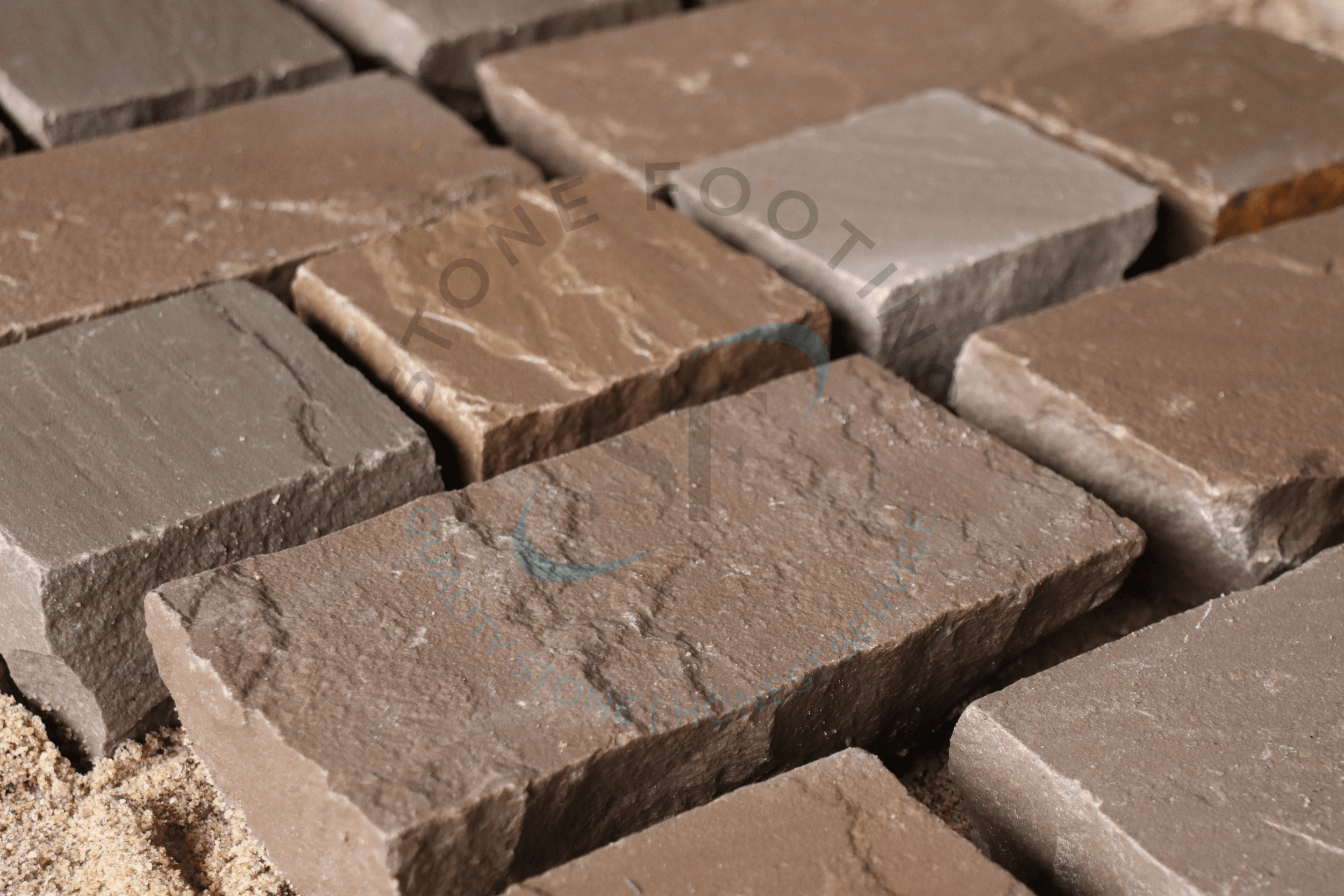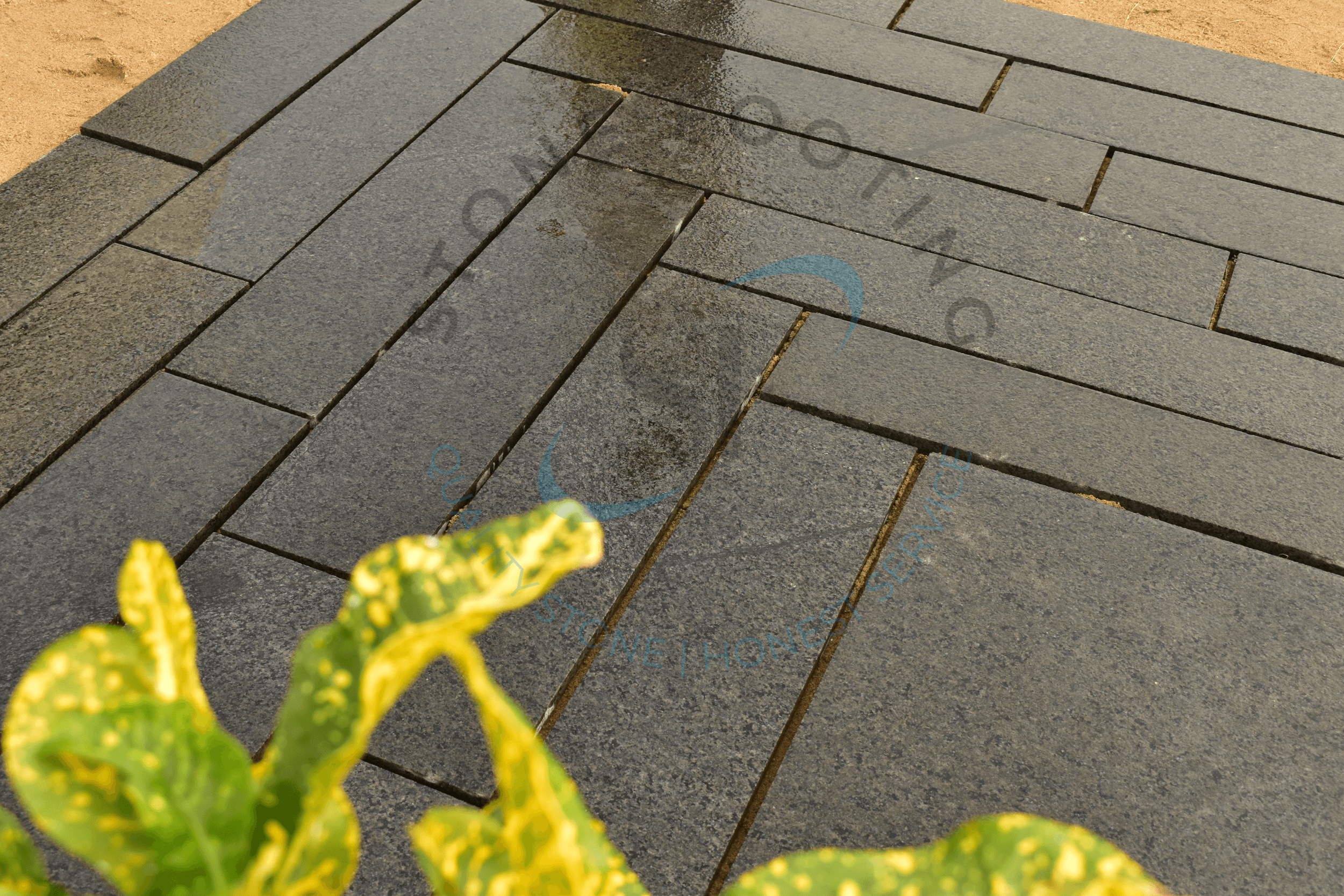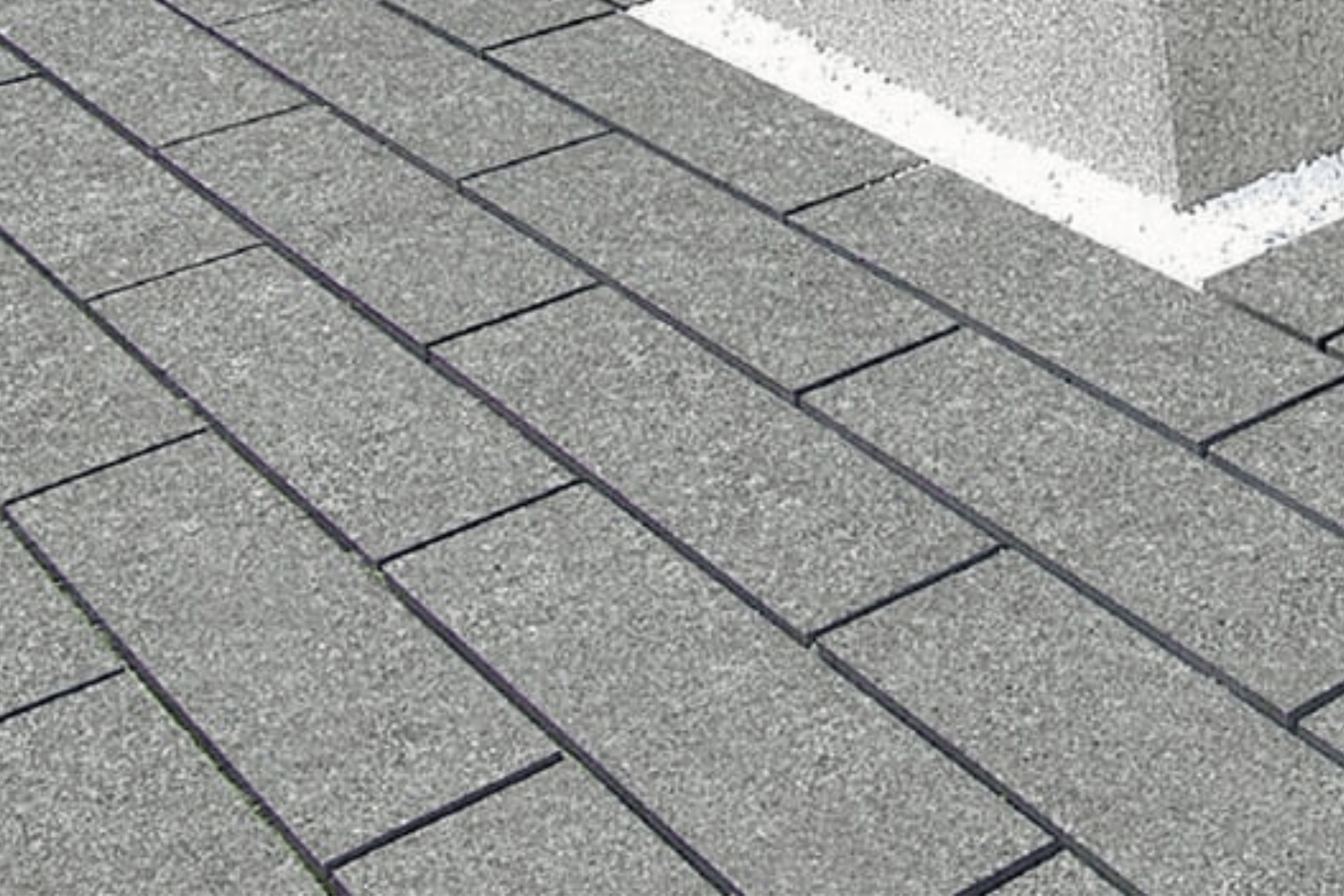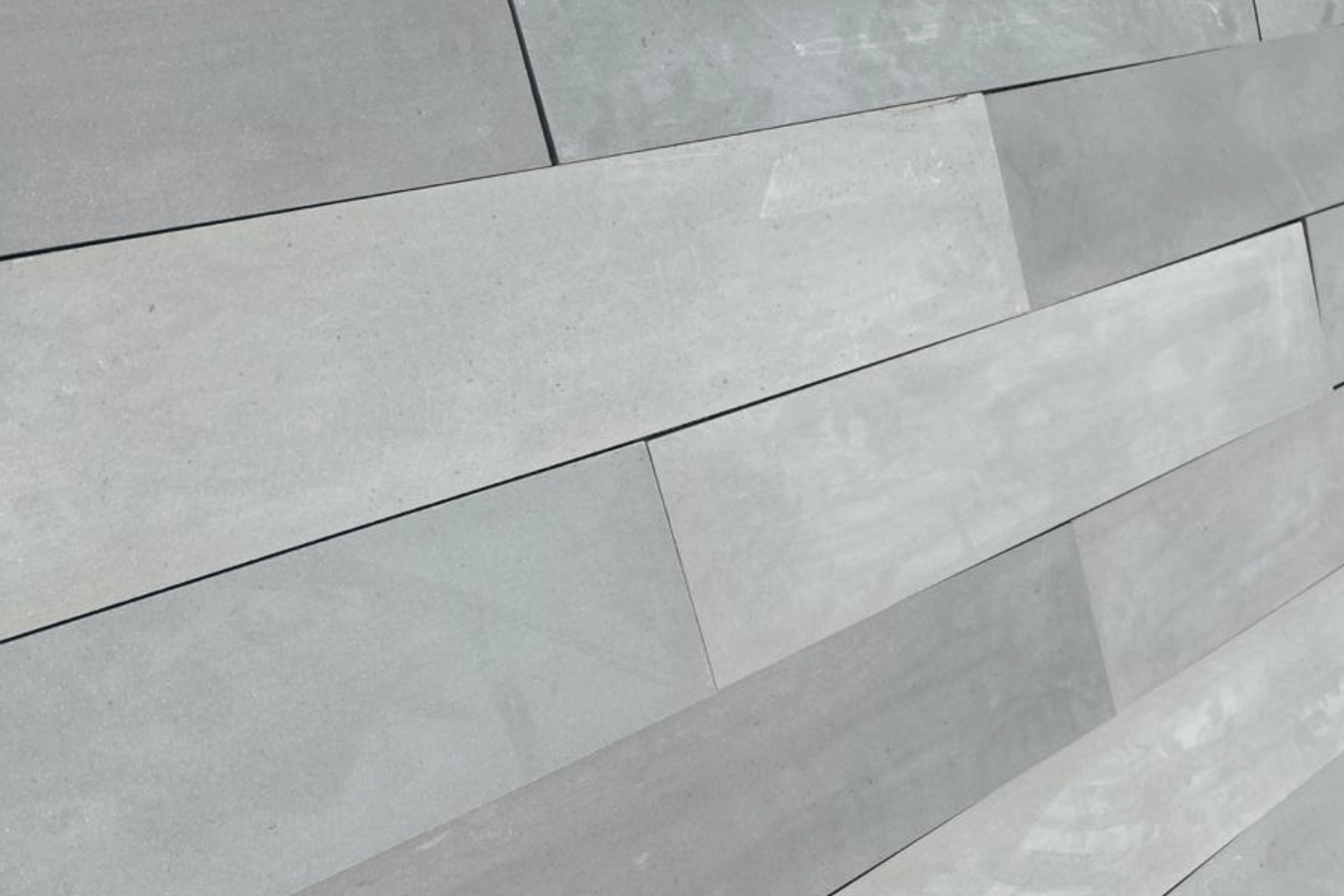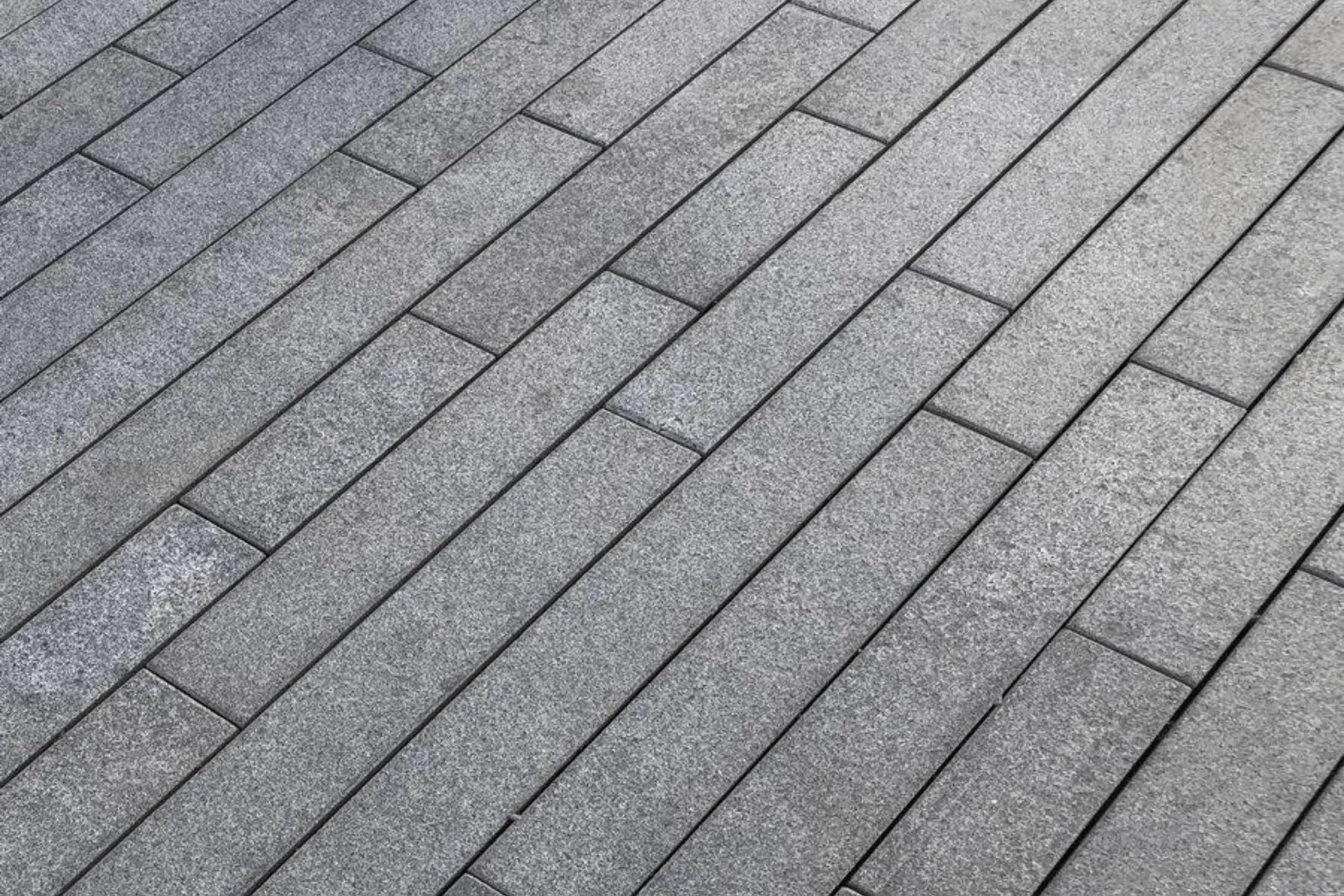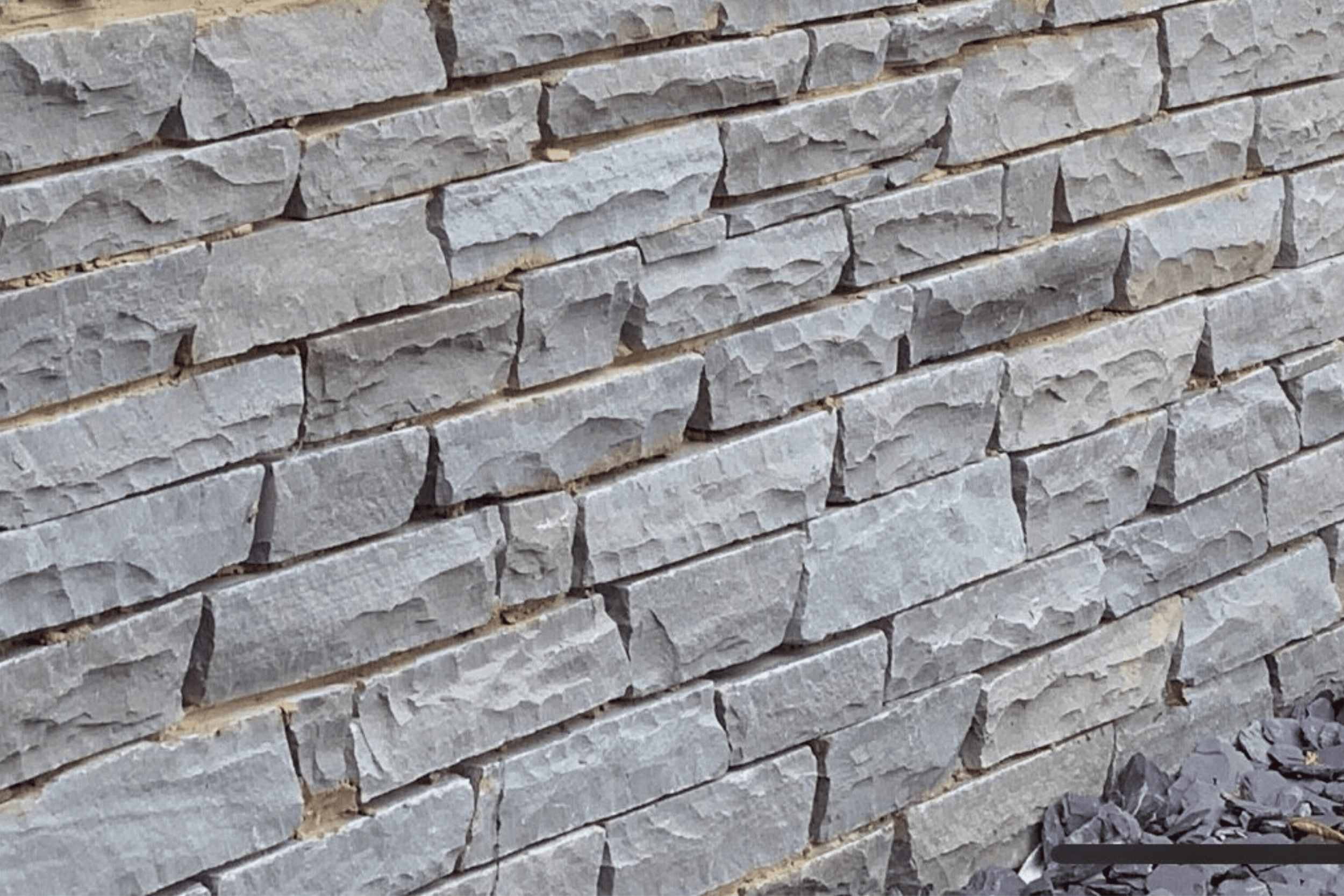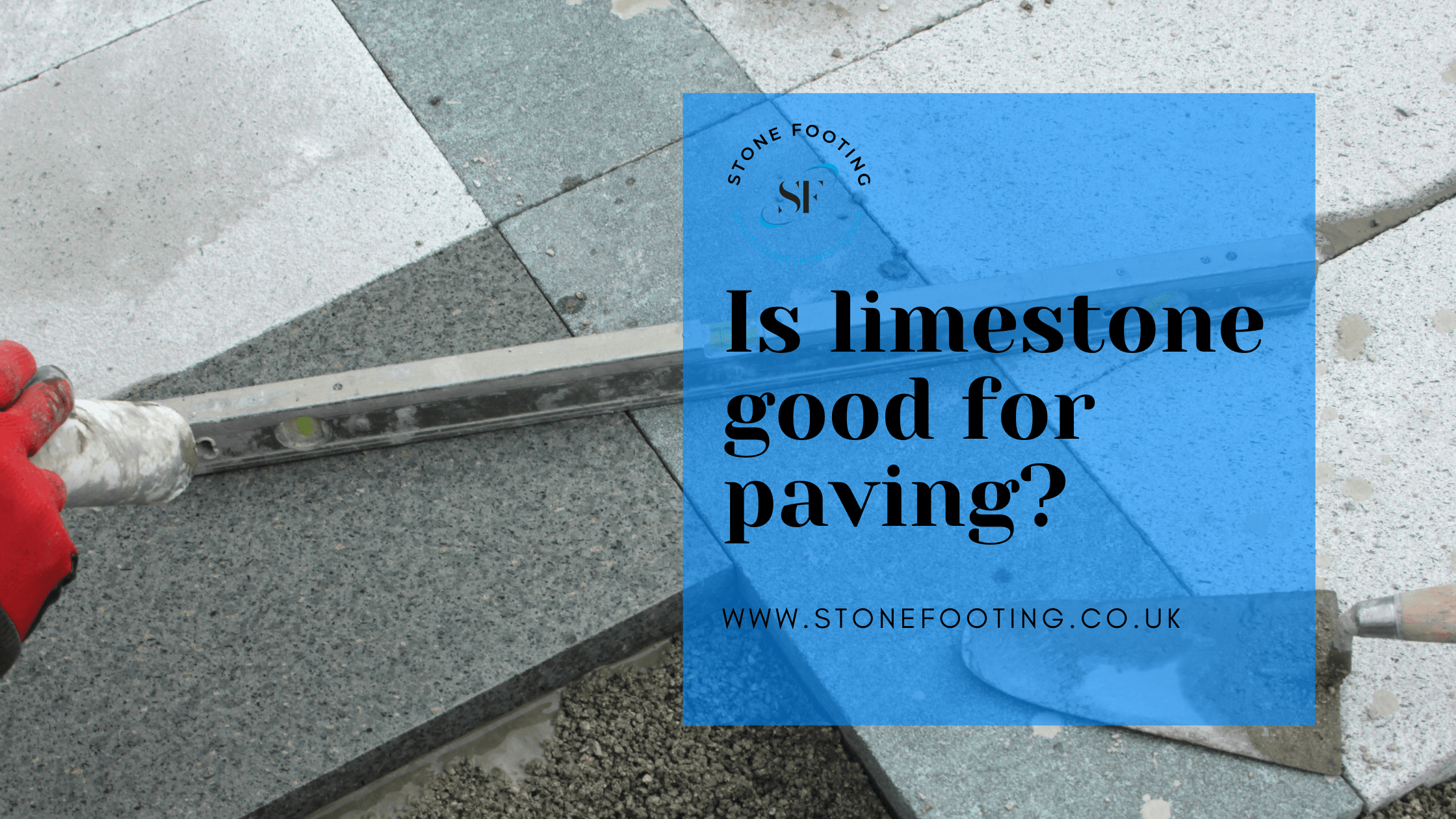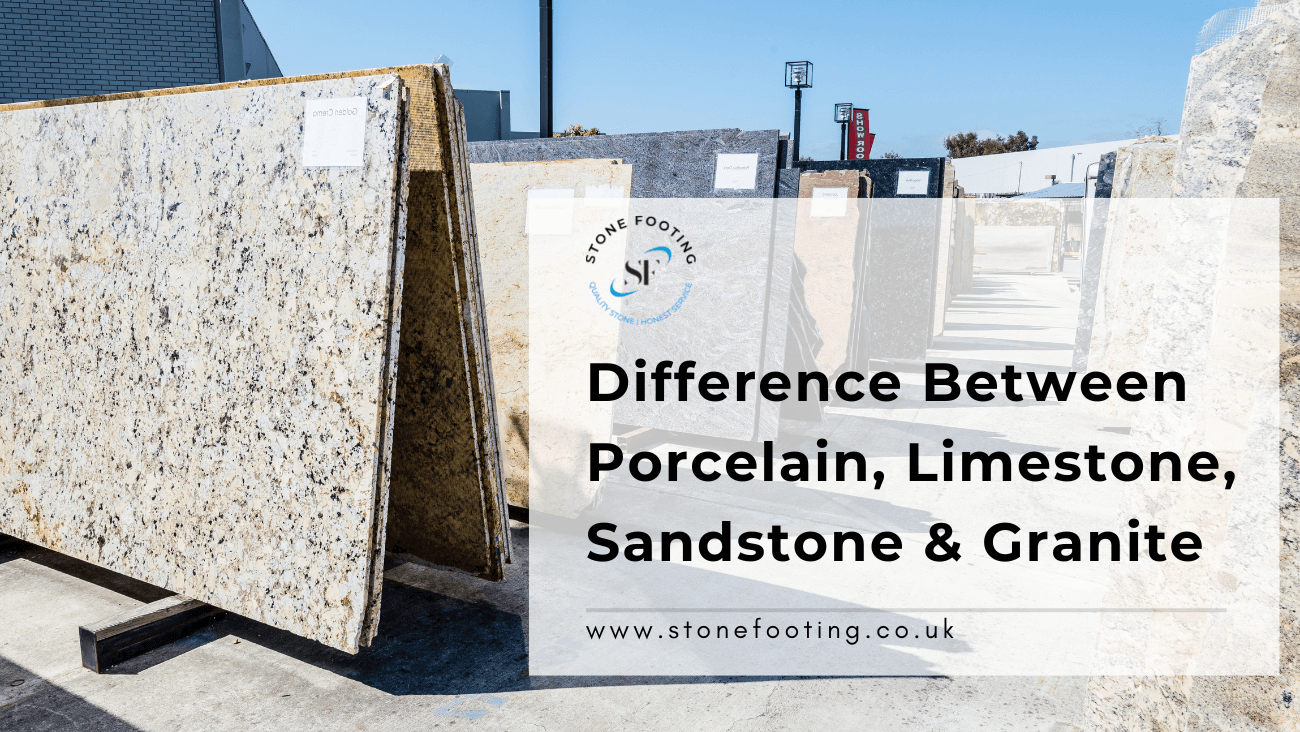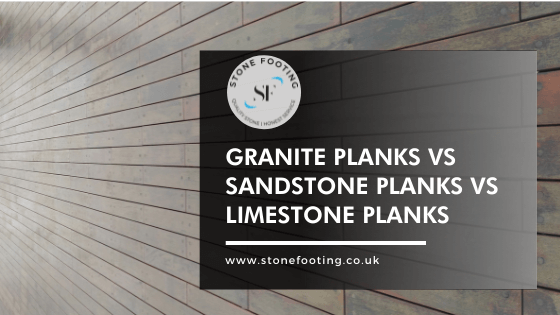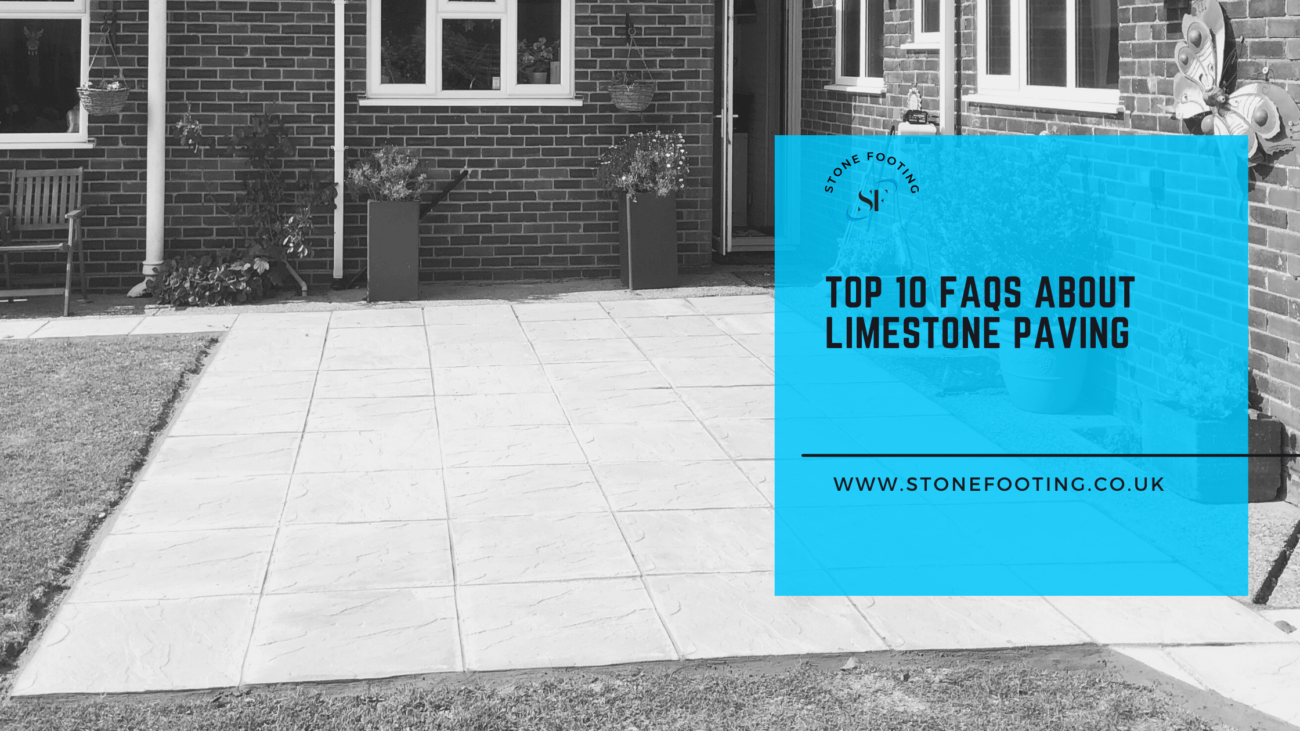Paving is a widely used construction method. Working with Limestone to create the pavement surface doesn’t require heavy machinery and can be done at lower costs. However, not all Limestone is appropriate for paving. This article will highlight what makes Limestone good for paving and why some limestone isn’t suitable.
What is limestone paving?
Limestone paving is a popular option for paving. It is used as a solid base material to create a durable and well-drained surface to sustain heavy loads. It is also an earth-friendly option because Limestone doesn’t involve using fossil fuels or releasing carbon dioxide into the earth’s atmosphere. Limestone has a variety of uses. It is an excellent aggregate for creating concrete or asphalt surface, and Limestone’s low density makes it easy to work with and handle. Limestone is a porous material using water flow as a natural process to create channels within the material.
Is Limestone paving any good?
Some people will tell you that Limestone is a good choice for paving. It’s very dense, complex, and resistant to erosion-making it ideal for anything from roads and parking lots to retaining walls. However, Limestone does have some drawbacks:
- It can be difficult and expensive to quarry.
- It has an uneven surface.
- Its color can vary greatly depending on the type of Limestone.
It’s also really slippery, so cars and trucks drive much more slowly over it than they otherwise would. Some people also consider Limestone a form of ” monumental” pollution since it often comes from hundreds of old quarries.
Advantages of limestone paving
Limestone paving is a popular option for commercial, military, and residential buildings. It is perfect for areas with tons of heavy foot traffic because it is durable and withstands harsh weather conditions. Limestone provides excellent drainage, which means it does not hold water or allow the pooling of moisture in the ground like other paving options do. Another advantage of limestone paving is that it is environmentally friendly. In addition to being used in construction materials, limestone quarries are mostly filled with trees and plants such as spruce, pine, etc.
Disadvantage of limestone paving
Limestone is a type of rock. It is porous and has a natural acidity that prevents bacteria from living in it. However, it can be a problem if the stone is not managed correctly. Because there are no organic compounds in Limestone, it will emit hydrogen sulphide gas when exposed to water or moisture, which has nasty side effects like headaches, dizziness, nausea, and sore throats. Limestone is a widely used material for pavements because it forms a hard, durable base. However, Limestone has some disadvantages. It is a porous material and often built up with water on its surface, leading to problems such as potholes, cracks, and settling. Limestone can also be quite expensive to install due to the specialized equipment required for the stone placement.
Why is limestone paving best?
Limestone is a ubiquitous and abundant material that has been used for centuries for many different purposes. It is abundant in Limestone because it makes up about 2/3 of chalk deposits and is the most widespread carbonate rock in sedimentary rocks. Limestone is a challenging and durable building material, making it ideal for paving. It is also very resistant to water, making it an excellent choice for areas prone to flooding. Limestone paving is perfect because of its hardness and durability, making it an ideal choice for areas subjected to industrial use and rugged wear, such as cement plants, factories, warehouses, and roads. Limestone is also a very natural stone, making it an excellent choice for areas considered a natural look.
Stone Footing, the leading wholesaler of limestone paving stone with different popular finishes and sizes paving stone in the UK and other European Countries and one of our highly educated staff members will be happy to assist you.
Frequently Asked Questions
Can we use limestone in a bathroom?
Limestone is a sedimentary rock composed of calcium carbonate that can be used to make cement. The process of limestone production begins by heating the limestone until it breaks down into tiny particles. In basements or bathrooms, you may use the limestone to line the walls and/or floor of your home’s interior.
Which is better: limestone or travertine?
Limestone is a sedimentary rock that consists of calcium carbonate and other minerals. Limestone forms as calcium carbonate precipitates from the water, it can be found in oceans, lakes, rivers, and underground. Travertine is a type of limestone that has been formed by precipitation in springs.

